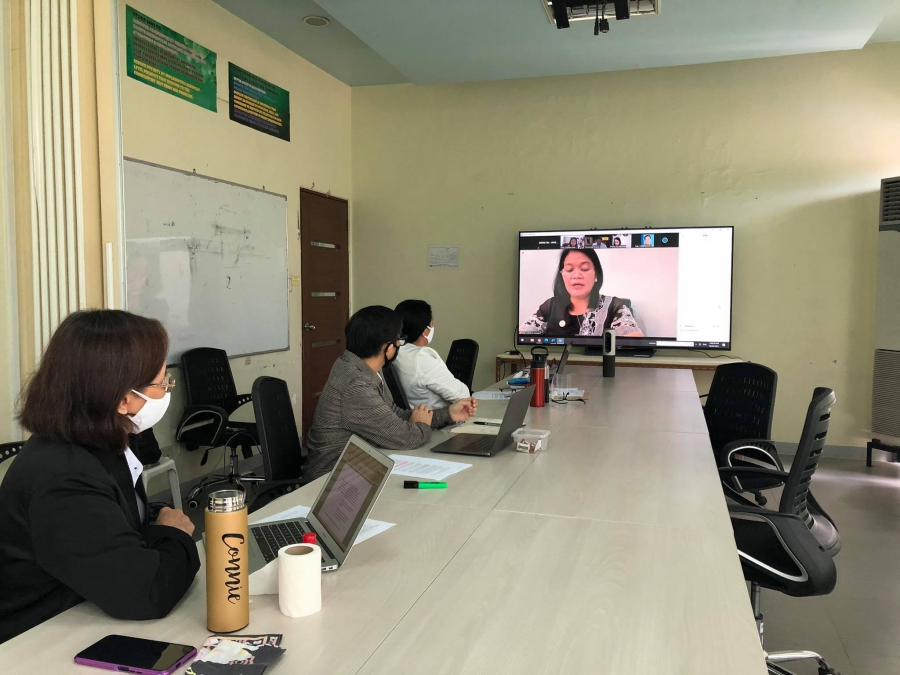The TWG, working together with Kahali-CIDSS NCDDP and other relevant stakeholders, consolidated the four (4) separate CDD Institutionalization Bills namely HB 4407, HB 4470, HB 4764, and HB 5250 introduced by Representatives Dalog, Bolilia, Mangaoag, and Limkaichong, respectively.
The consolidated bill titled “An Act Institutionalizing the Community-Driven Development (CDD) Approach as a National Strategy for Inclusive Growth and Social Protection, and Appropriating Funds Therefor” seeks to incorporate the Community-Driven Development approach in all government programs, activities, and projects implemented by national government agencies and local governments alike.
The authors of the different CDD bills highlighted the importance of Community-Driven Development in empowering the poorest and most marginalized communities in the country by prioritizing communities with historically high magnitude and incidence of poverty, marginalization, and vulnerability. This includes Geographically Isolated and Disadvantaged Areas and communities with marginalized populations or are otherwise physically and socio-economically separated from mainstream society.
The CDD approach, used by the Kalahi-CIDSS program since 2003, fosters transparency and accountability in local governance and project implementation by allowing community members to participate in the designing, planning, budgeting, implementing, monitoring, and evaluating community programs, activities and projects.





